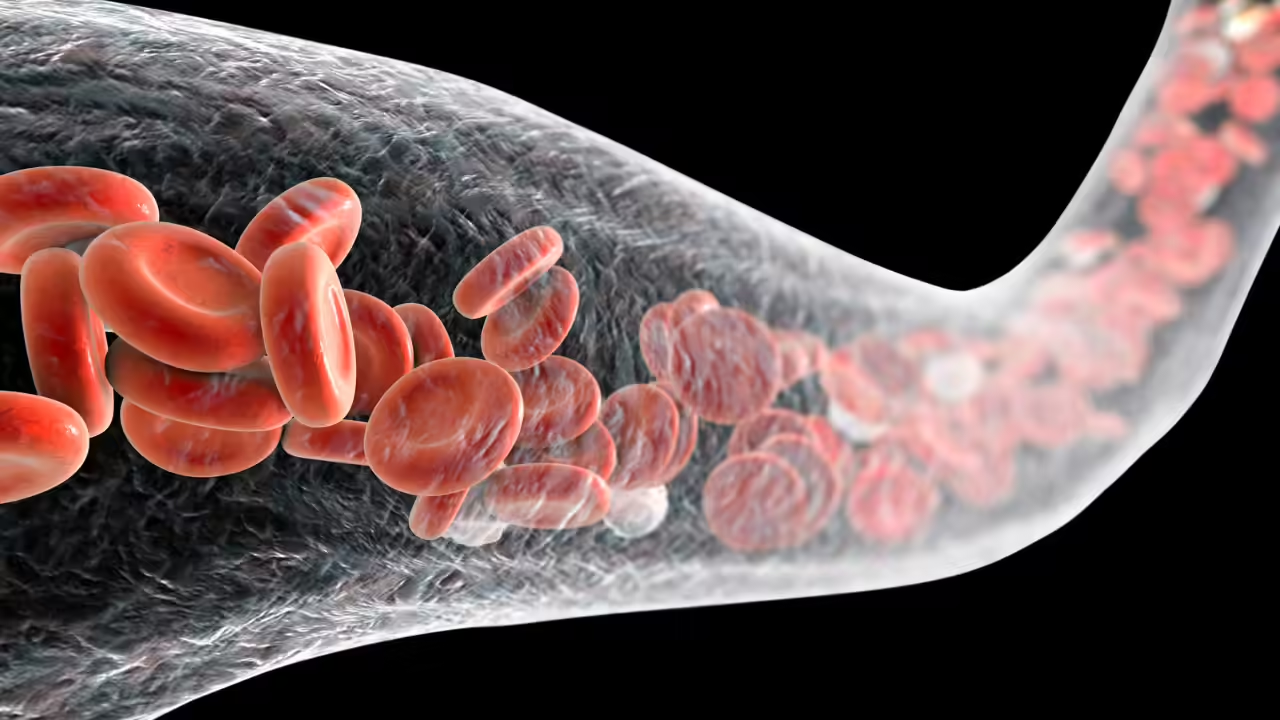Childhood Stress and Skin: The Surprising Link to Psoriasis
In a world bustling with challenges, our childhood experiences shape much more than just our personalities; they could also be influencing our skin’s health decades later. Recent research suggests that stress endured during our formative years can substantially increase the risk of developing psoriasis—a chronic autoimmune skin condition. Understanding this connection is crucial for both mental health and skincare enthusiasts.
The Hidden Toll of Childhood Stress
Imagine this: your young self weathering family turmoil or significant life changes. While these experiences are emotionally taxing, they can also trigger physiological reactions in the body. A groundbreaking study from Sweden indicates that children exposed to stressful life factors, such as parental separation, are more likely to face autoimmune conditions like psoriasis in adulthood.
Psoriasis manifests as red, scaly patches that itch or burn, often striking areas like the scalp and elbows. This chronic condition arises when an overactive immune system mistakenly attacks healthy skin cells. Although genetics play a role, external factors frequently exacerbate symptoms, and stress is a significant contributor.
What Causes Psoriasis? Understanding Symptoms & Triggers
While many may know psoriasis primarily for its visible signs, such as thickened, inflamed skin, the underlying causes are multifaceted. Key symptoms include:
- Red, inflamed patches often accompanied by itching or pain.
- Silver-white plaques resulting from rapid skin cell proliferation.
- Joint pain in some cases, indicating potential psoriatic arthritis.
Triggers that can incite flare-ups range from stress, poor diet, and smoking to infections and even hormonal changes.
The Immune System’s Reaction to Stress
Early exposure to stress can alter the immune system’s development, setting off a chain reaction that lasts into adulthood. When stress activates the hypothalamic-pituitary-adrenal (HPA) axis, the body releases cortisol, the main stress hormone. Elevated cortisol levels can fuel inflammation and immune dysregulation, and it seems that this imbalance lays fertile ground for autoimmune issues, like psoriasis, to take root.
Fostering Emotional Resilience Early In Life
The positive news? Emotional care in childhood can fortify the immune system. Studies suggest that nurturing environments and practices, such as breastfeeding, benefit both psychological health and immune function. By prioritizing supportive relationships and healthy lifestyles, parents can strengthen their children’s emotional resilience and reduce the likelihood of autoimmune diseases.
Takeaway: The Power of Prevention
The findings highlight the critical role emotional well-being plays in physical health. By understanding how stress impacts the immune system, we can take proactive measures in our own lives and the lives of our children. Encouraging emotional stability and healthy routines can make a world of difference in preventing conditions like psoriasis—and that’s a lesson worth sharing.




